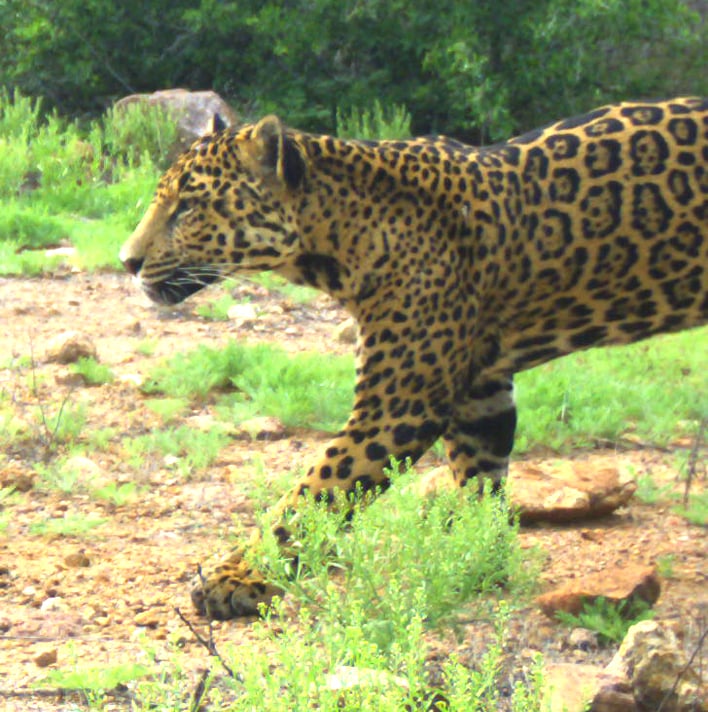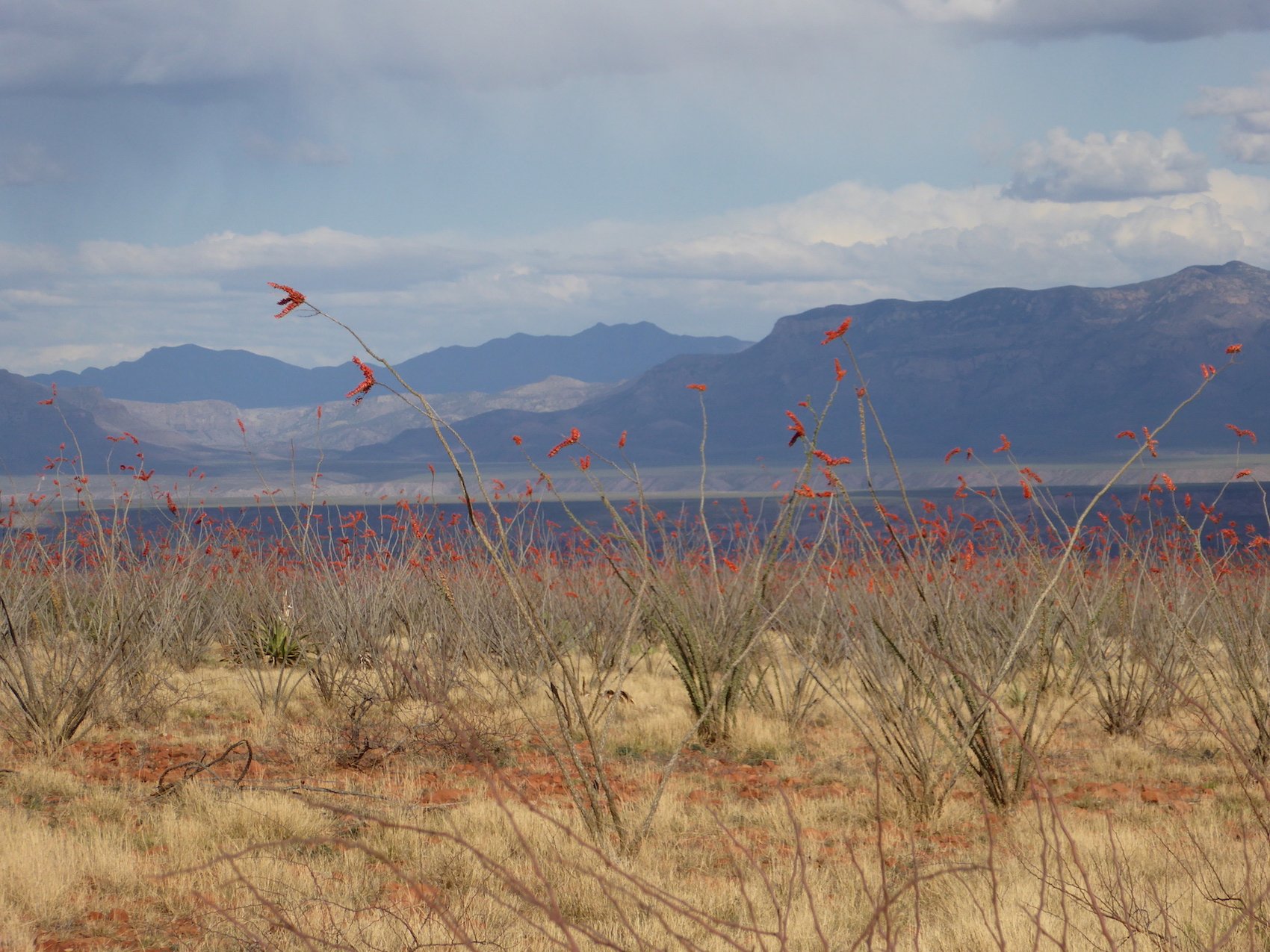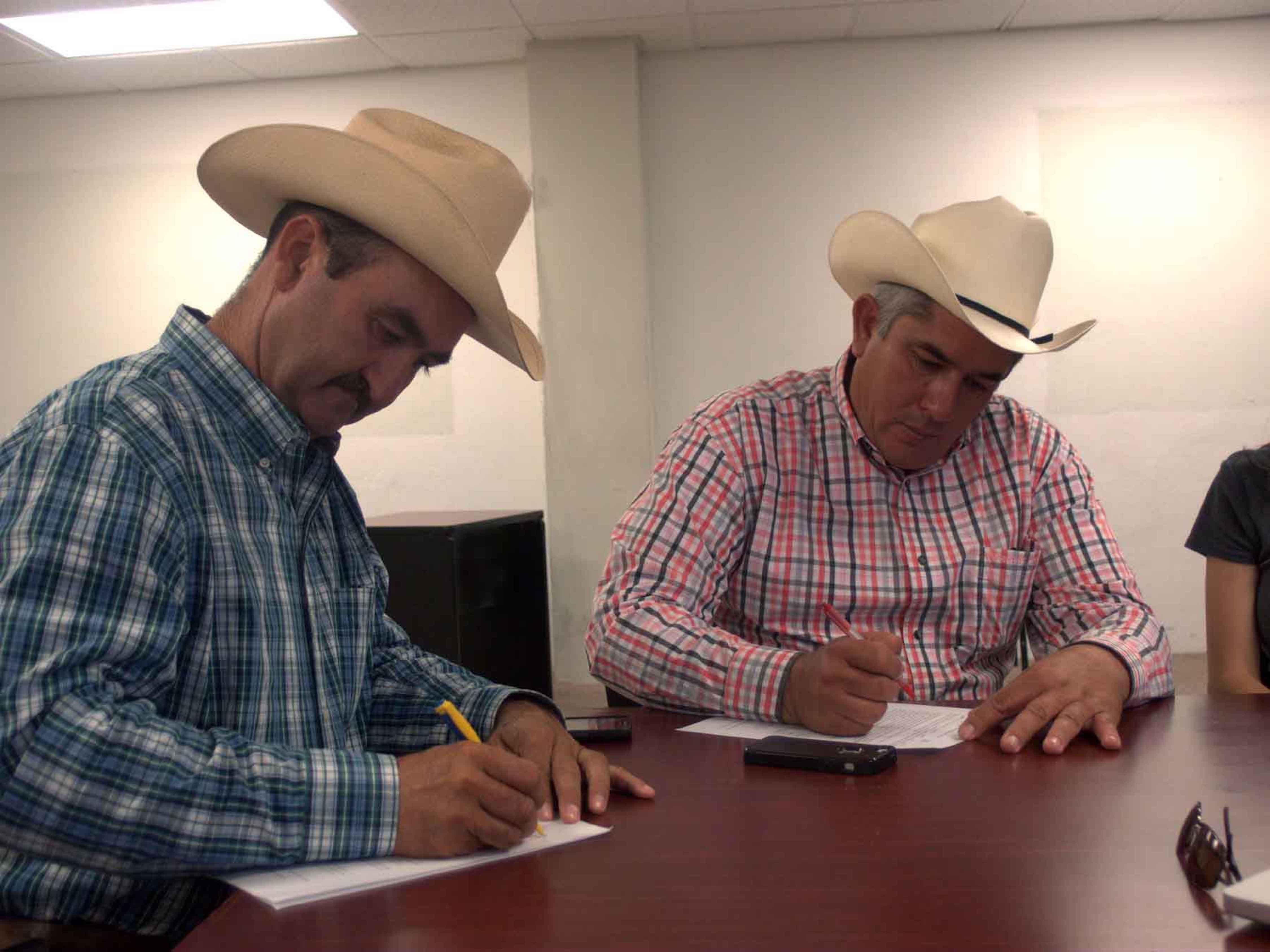PROJECT WILDCAT
PROJECT WILDCAT

PROTECTING APEX PREDATOR CATS
Project Wildcat, in partnership with Primero Conservation, works with the ranchers of Sonora to cohabitate peacefully with the majestic jaguar and other endangered species. The program’s hands-on approach teaches ranchers enhanced cattle management techniques and provides related infrastructural improvements that limit the cattle’s grazing range, like fencing and water systems.
Jaguars were once the supreme predators of the Sonoran Desert in Mexico, yet only 80 remain today. This magnificent creature is the third largest cat in the world and sits at the top of the food chain in their native habitat. Their habitat, which extends throughout Central America as far south as Argentina, is now threatened by habitat loss and human conflict. Once abundant across the continent, they are now listed as threatened or endangered nearly everywhere they call home, particularly along the U.S.-Mexico border. It is our responsibility to ensure land for these jaguars and other predators to roam freely.


Project Wildcat works in Sonora, Mexico. This is the northernmost population where jaguars are known to exist, as well as home to an amazing diversity of species. Since 2017, Project Wildcat, in partnership with Global Discovery Expeditions, has had camera studies in over 30 localities. During that time, these cameras have documented 54 animal species including 21 mammals, 26 birds, 4 reptiles, two butterflies, and a toad. There are 490 records from these images that have been added to the Global Discovery Expeditions database, and jaguars were seen in 23 different localities within the Project Wildcat survey area.
Project Wildcat is working with six ranches who have agreed to refrain from killing jaguars and other predators in exchange for training, supplies, and equipment to protect their cattle. By offsetting cattle deaths with these incentives, these ranchers can no longer justify killing jaguars and other predators like mountain lions, ocelots, and bears. This is a huge accomplishment, as ranchers often kill jaguars and other predators in retaliation for these predators eating their livestock. These improved cattle management techniques have reduced jaguar predation on calves by 75%!


